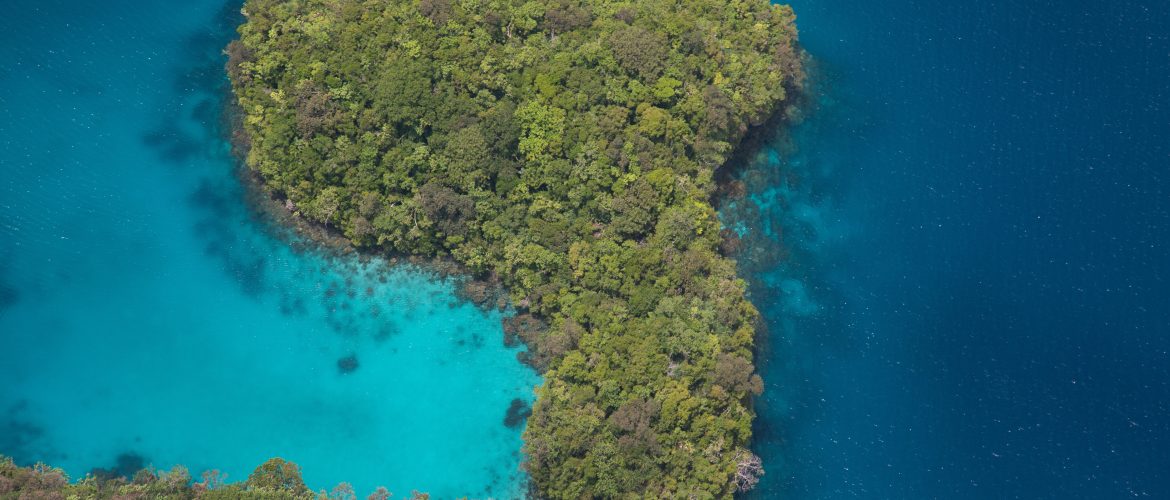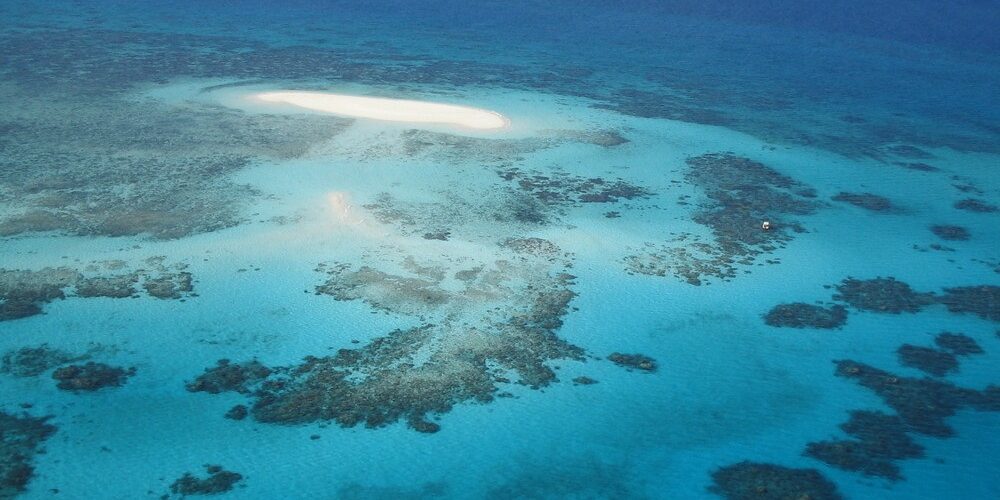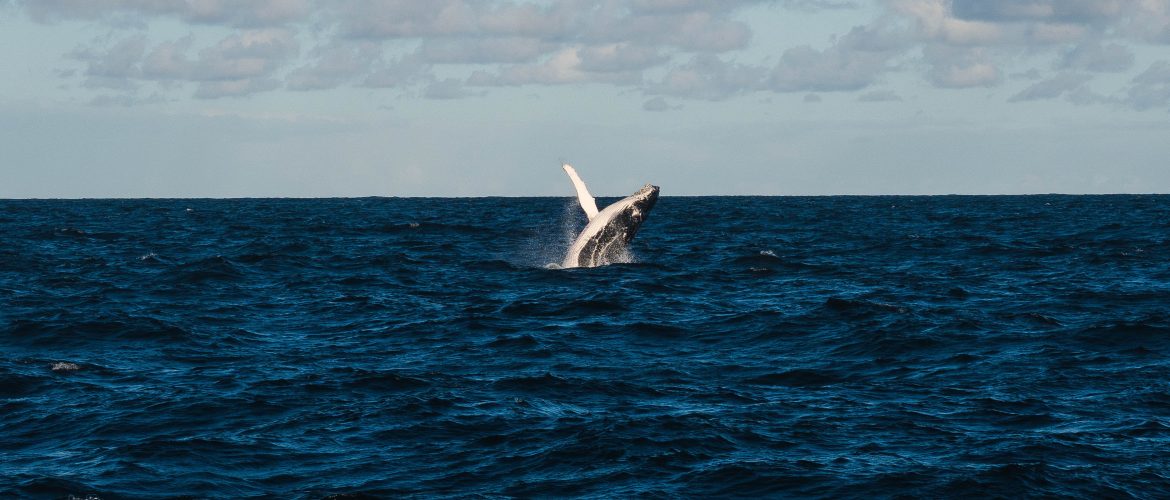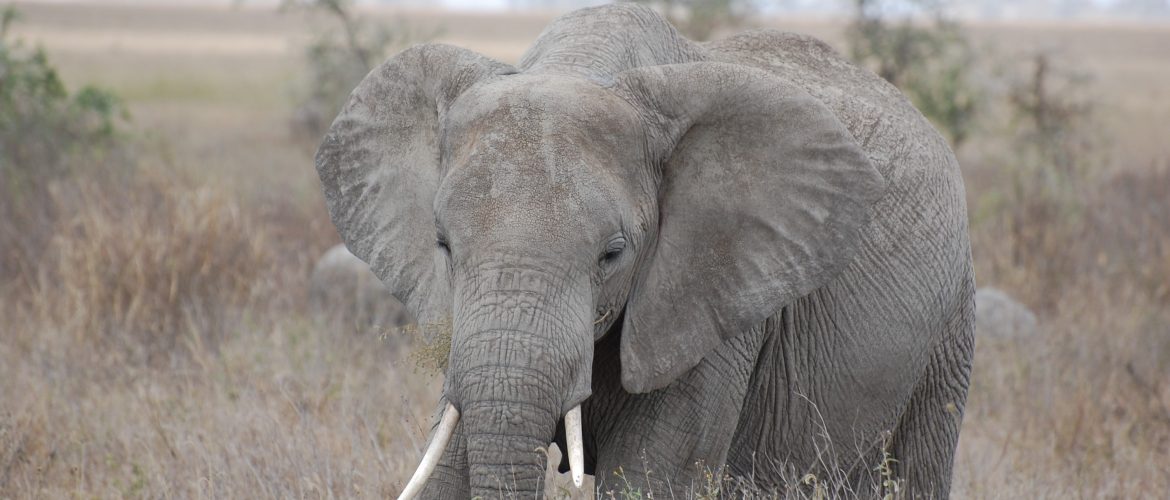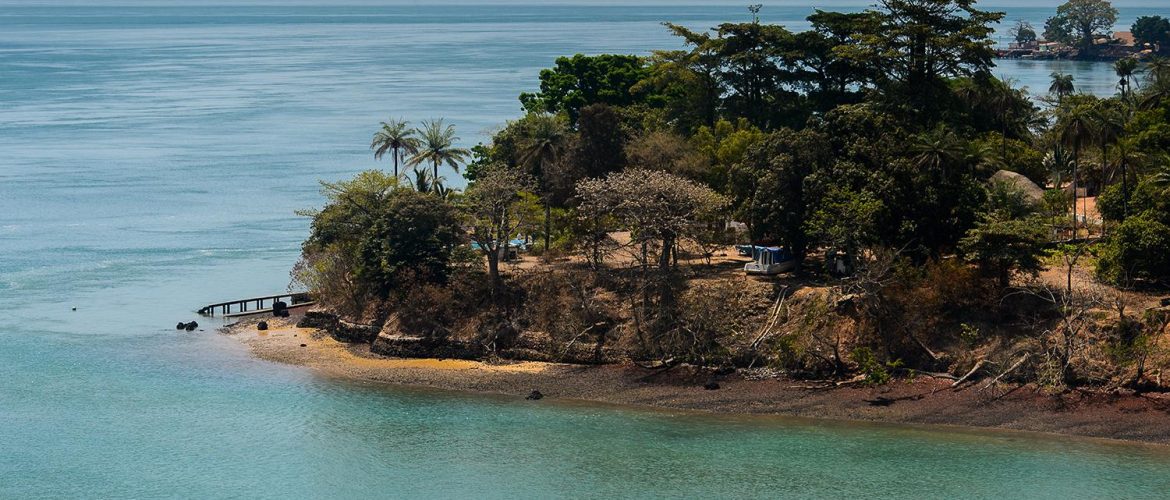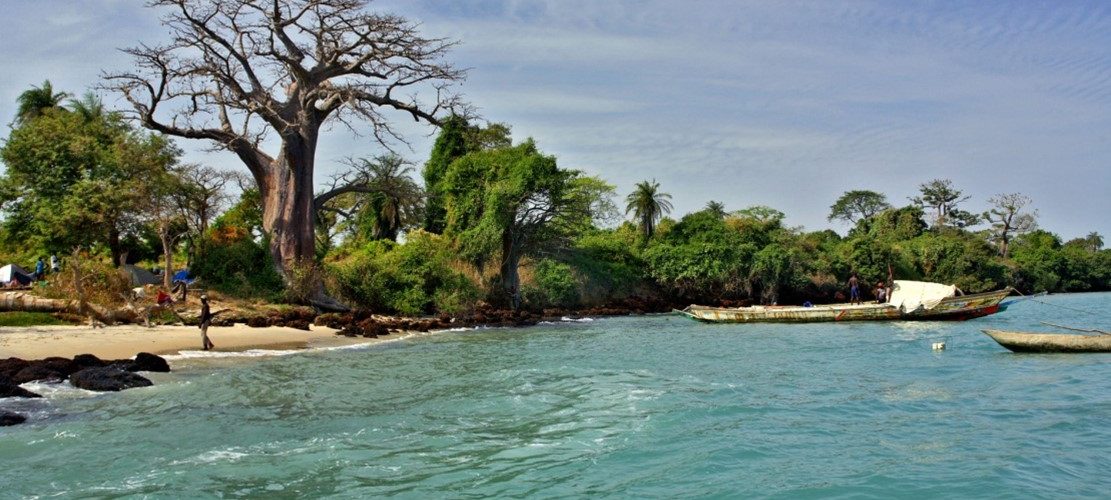Over 80% of European habitats are in poor shape. To address this issue, on 22 June 2022, the Commission proposed a nature restoration law aimed at facilitating the long-term recovery of damaged nature across the EU’s land and sea areas. The Commission estimates that the new law would yield significant economic benefits, with every euro invested resulting in at least 8 euros in benefits. What is included in the law? The EU nature restoration law, agreed with member states, will
On October 26, the final validation workshop of the study “The economic evaluation of mangrove ecosystem services to measure their contribution to the national economy” took place. The study was developed by two international consultants (Giacomo Cozzolino and Daniel Bazzucchi) and one national consultant (Mário Biague). The event brought together a diverse group of participants committed to preserving and enhancing mangrove ecosystems. The workshop focused on lectures and discussions that explored crucial issues related to mangroves and the services they provide.
The pristine paradise of Palau and the Federated States of Micronesia (FSM), located in the Western Pacific, is a biodiverse haven that beckons nature enthusiasts, conservationists, and adventurous travelers from around the world. Comprising a constellation of islands, atolls, and reefs, this region is a hotspot of marine and terrestrial biodiversity, offering a mesmerizing array of flora and fauna. Terrestrial Biodiversity Unique Flora: The islands of Palau and the Federated States of Micronesia are home to a variety of unique and often
The Terai is a stretch of lowlands in the southernmost part of Nepal (WWF, 2021). The region, often described as the rice bowl of the country, is home to one of the most spectacular assemblages of large mammals in Asia such as the Bengal Tiger, the Greater One-Horned Rhinoceros, the common leopard, Asian elephant, and more (WWF, 2021). The ecosystem services provided by the area plays a major role in supporting the socioeconomic well-being and development of people in the Terai
Australia’s Great Barrier Reef extends for more than 2 kilometers, covering an approximate area of 340 000 square kilometers, making it the largest coral reef system in the world. Designated as a World Heritage Site since 1981, is threatened by the climate crisis that has caused six coral bleaching events in its waters since 1998. The magnificent reef is home to thousands of marine species, hosting over 411 hard coral species and 1,500 types of fish. However, for several years, it
The presence and preservation of nature are fundamental to maintaining environmental balance and human survival. Wetlands, forests, grasslands, and marine habitats play a crucial role in regulating climate and preserving biodiversity. However, it is worrying to note that 80% of European nature is in a state of degradation. In this context, the EU Nature Restoration Law, adopted by the European Parliament on Wednesday, July 12, 2023, by 336 votes to 300 with 13 abstentions, paves the way for even greater action
After more than 15 years of discussions, the United Nations has adopted, on June 19, 2023, the first-ever international treaty to govern the high seas and protect remote ecosystems vital to humanity. This historic agreement aims to ensure the conservation and sustainable use of marine biodiversity of areas beyond national jurisdiction, which cover over two-thirds of the ocean. Iconic marine species like whales, sharks, turtles, and tuna range freely between national waters and the high seas. The current low level of protection
For decades, countries across the Global South have been calling on rich countries to accept responsibility for greenhouse gas emissions that have increased global temperatures and resulted in irreversible damage across the world. Finally, at the 2022 UNFCCC conference of the parties (COP27), world leaders agreed to a dedicated “loss and damage” fund providing financial assistance to poor nations affected by climate disasters. The key rationale for providing reparations related to loss and damage from climate change is based on justice.
The coastal region of Guinea-Bissau is long and forested, bordered by mangrove swamps with estuaries extending far inland, while the hinterland of the country features plains and hills with savannah areas further east. According to Guinea-Bissau’s National Adaptation Programmes of Action (NAPA), the primary drivers of the climate vulnerability of the coastal areas and communities are physical exposure, dependence on agriculture and fishing as main livelihood options, and poor governance. Low-elevation coastal zones stand out as one of Guinea-Bissau’s indicators of
Biodiversity supports everything in nature that we need to survive, including food to clean water. From the plants, animals, insects, fungi to bacteria, biodiversity creates the intricate ecosystems we rely on. Renowned economist Sir Partha Dasgupta believes governments must integrate ecosystem services into calculations of economic health to reduce resource exploitation and promote a healthy relationship between humanity and nature. This argument for “inclusive wealth” forms the basis of Dasgupta’s Economics of Biodiversity, a landmark report that is
- 1
- 2




